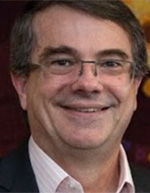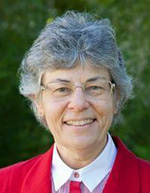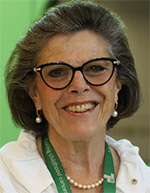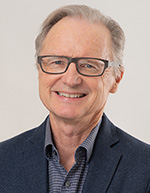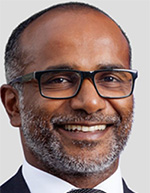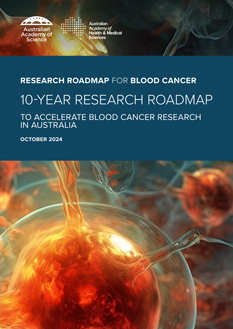Research roadmap for blood cancer – Steering group

The Leukaemia Foundation on behalf of the Blood Cancer Taskforce partnered with the Australian Academy of Science to develop a 10-year Research Roadmap to accelerate blood cancer research in Australia.






